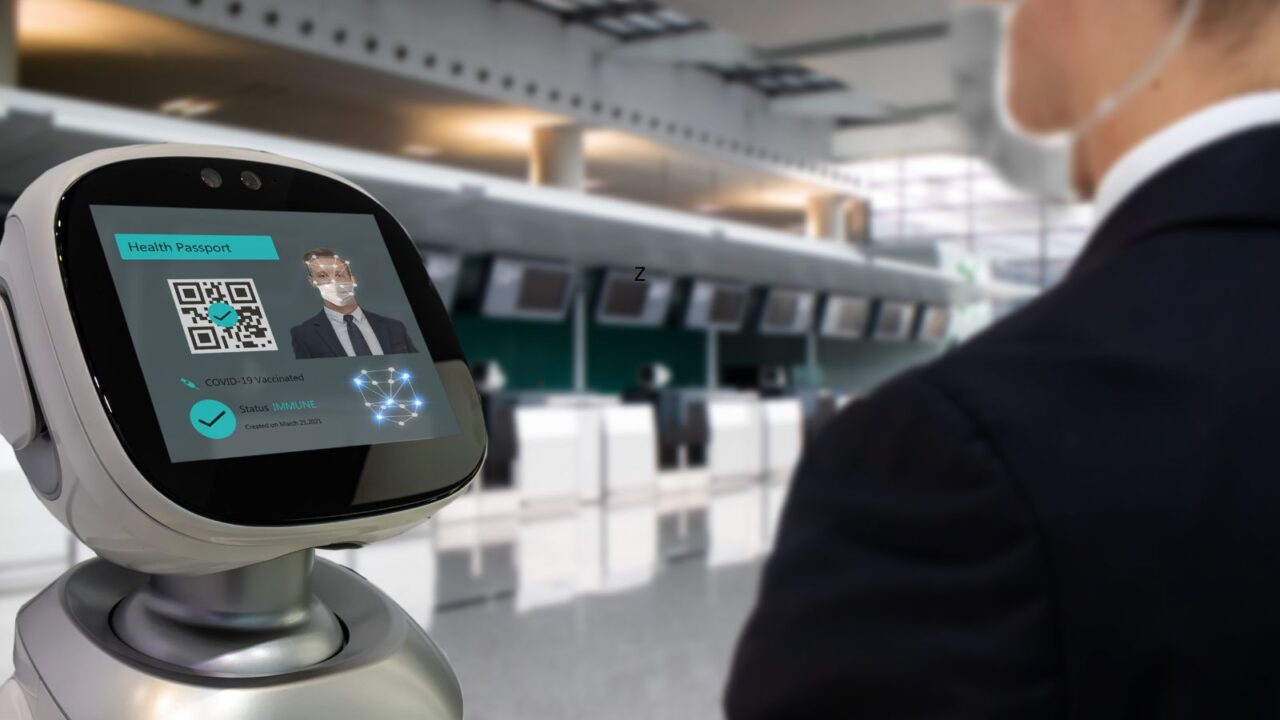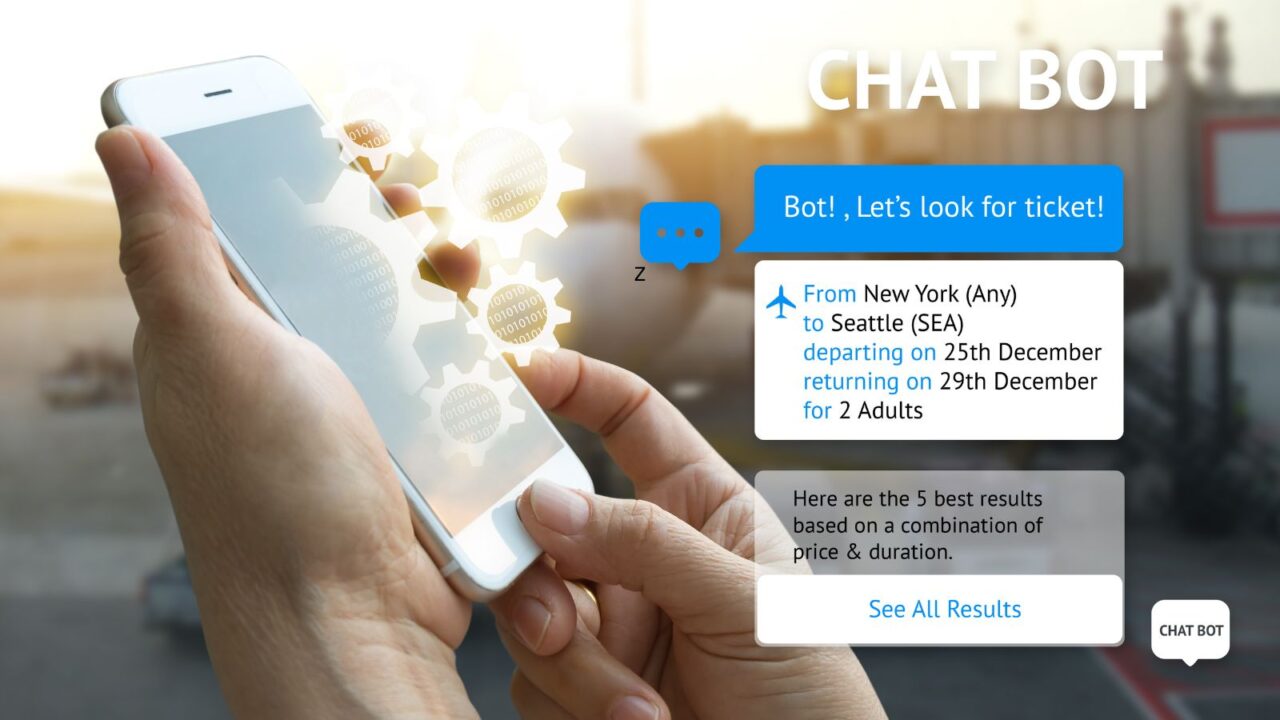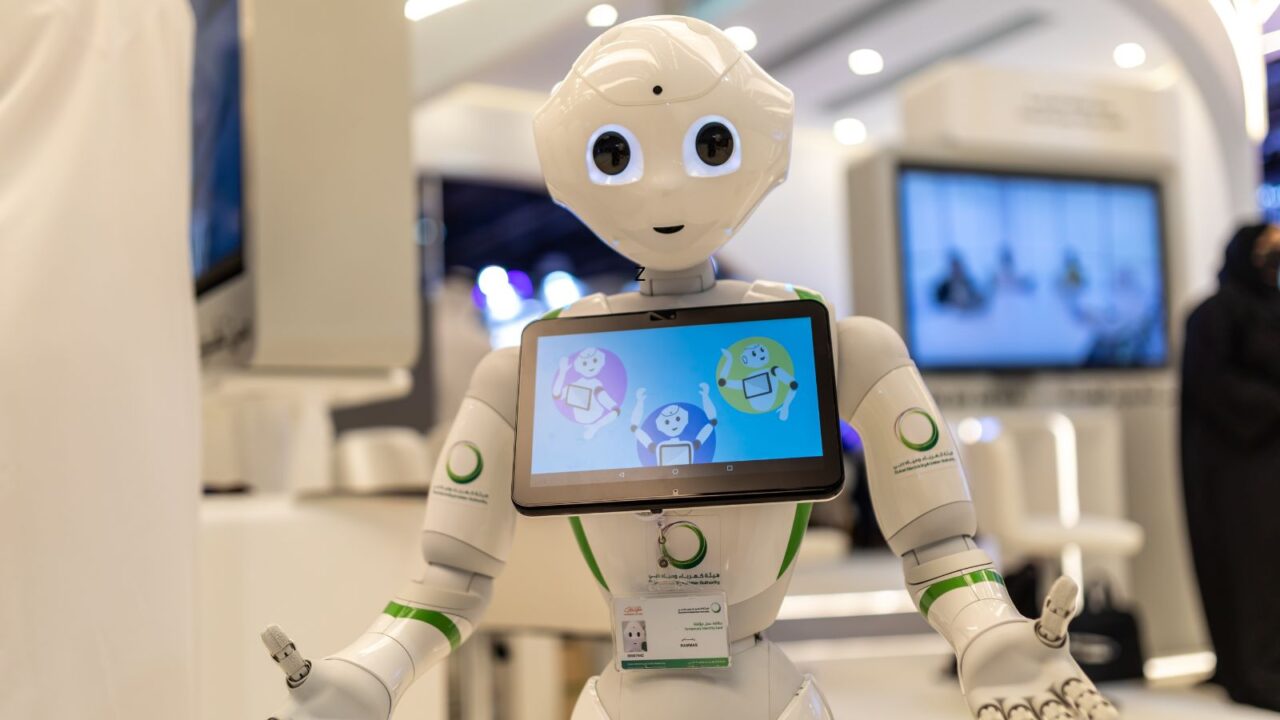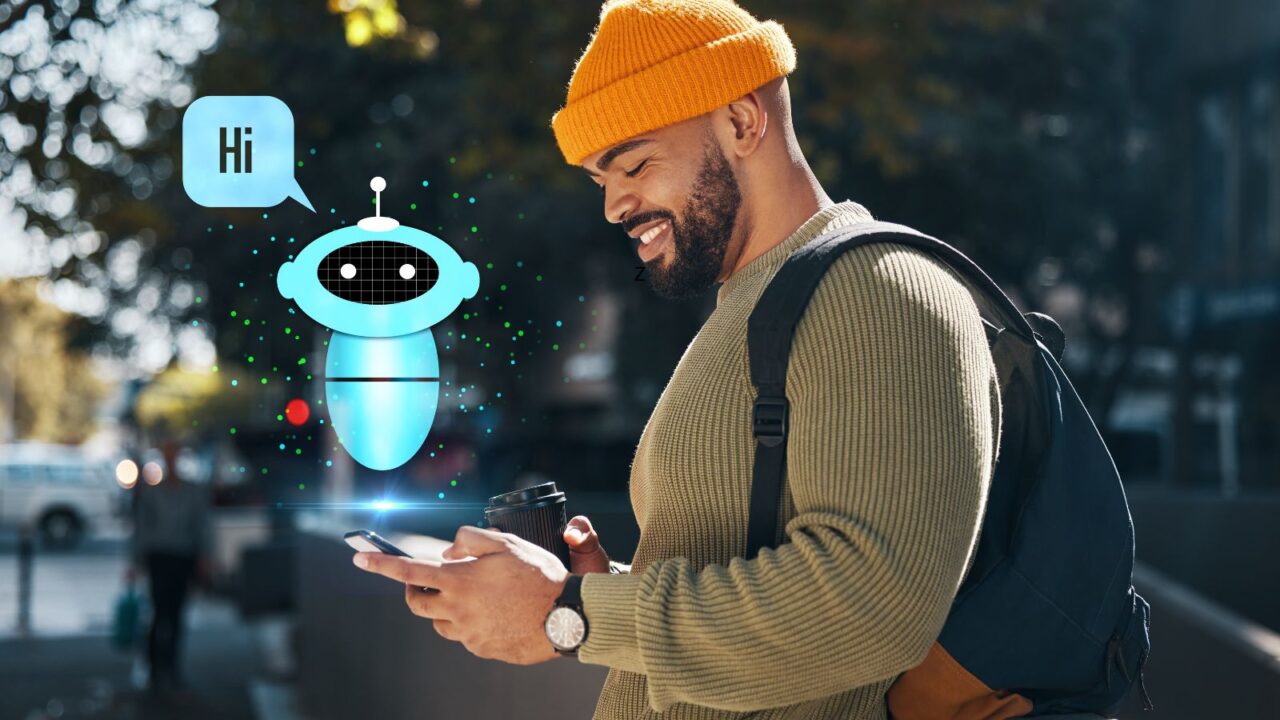Would you trust a robot to plan your next vacation?
Would you hand over your next vacation to a robot? In 2025, it’s no longer a sci-fi idea. From choosing your destination to booking every flight, hotel, and dinner reservation, robots and AI are now doing it all. The real question is, should you trust them?
This slideshow breaks down how AI travel planning works, what travelers think, and whether robotic vacation planners are the smart choice or still need a human touch.

Personalized planning in seconds
AI travel planners can now create highly customized itineraries using your preferences, past trips, and even dietary restrictions.
Want a five-day NYC trip focused on vegan eats and art museums? AI tools like Mindtrip or Expedia’s Romie will map it all out for you, fast. No more juggling tabs and reviews. You just tell the bot what you want, and it figures out the rest, day by day.

Robots can book everything for you
AI is no longer just suggesting places, it’s actually booking them. From flights to hotels to tours, bots like Skyscanner’s chat assistant and Booking.com’s Smart Filter can manage your full itinerary.
Instead of clicking through different websites, AI handles it all in one smooth, conversational flow. You speak. It books. Done.

Airports and hotels are using AI too
AI isn’t just in your phone; it’s also at the airport and hotel lobby. Robots now assist with check-ins, guide you to your gate, and track luggage.
Hotels like Japan’s Henn-na Hotel use robot concierges, while Hilton’s AI assistant “Connie” answers your questions and offers local recommendations. Travel just got a tech upgrade.
AI adjusts your trip in real time
Plans change, and AI knows it. If your flight is delayed, your dinner is rescheduled, or the weather changes, AI trip planners can adjust your itinerary automatically.
You don’t need to panic or call customer service. These tools adapt and rebook on the go, keeping your vacation smooth without lifting a finger.

Gen Z says yes to robot trip planning
Globally, only 13% of travelers say they don’t trust AI to plan their trips. Among Gen Z? Just 3% are hesitant. For younger generations, letting a bot handle bookings feels as natural as streaming music or using GPS.
Business travelers are also embracing AI, with over half using it for work trips.

Why people are trusting bots
Speed, ease, and personalization are big reasons why travelers are leaning into AI. Robots analyze thousands of data points in seconds, deliver tailored results, and work 24/7.
Yes, people know AI can make occasional errors, but they’re okay with that if it means less stress and faster bookings.

UAE is leading the AI travel trend
In the UAE, 60% of travelers already use AI tools to plan vacations, way above the 48% global average. The region’s love for tech-forward solutions is setting a trend. Still, many use AI for most of the planning and then turn to a human for final details or luxury tweaks.
It’s proof that blending tech with a personal touch is still a winning combo.

The power of hyper-personalization
AI tools don’t just ask where you want to go; they analyze your entire travel personality. Are you a thrill-seeker? Traveling with toddlers? Looking for romance or relaxation? AI pulls in data from your searches, past bookings, and even local events to build a trip that feels tailor-made.
This kind of next-level personalization was once a luxury service; now it’s available to anyone with an app.

Booking has never been this seamless
AI can now combine every element of your trip—flights, hotels, transport, activities- into a single, easy flow. No more switching between apps. You just get a clean itinerary with everything sorted. This kind of seamless booking saves hours and removes the frustration of piecing it all together.
By reducing overwhelm, AI frees up your mental space to actually get excited about the trip.
AI knows how to get you the best deal
Using predictive algorithms, AI tools can track fare trends, spot hidden deals, and tell you the perfect time to book. Apps like Hopper and KAYAK use AI to alert users when prices drop or when it’s best to wait. It’s like having a deal-hunting travel agent in your pocket.
Smart savings mean more room in your budget for souvenirs, experiences, or a hotel upgrade.

Post-booking help, anytime
The help doesn’t stop once you’ve booked. AI chatbots are available 24/7 to help you change, cancel, or tweak plans. Whether your plans shift mid-trip or you need to rebook dinner, AI handles requests instantly, without being put on hold or waiting in line.
This round-the-clock support feels more like a personal assistant than a machine.

Where AI still falls short
Not everything is rosy. Many smaller hotels or tour providers still aren’t fully integrated with AI tools. That means you might miss out on niche or local experiences unless you search manually. Also, some systems still fumble complex bookings or don’t reflect real-time availability.
So, for truly off-the-beaten-path travel, some old-school legwork might still be needed.

The privacy and bias concerns
AI tools need your personal data to work effectively, which raises privacy red flags. Plus, there’s worry over bias in pricing or recommendations. Some users fear being shown costlier options based on income or location. While most accept minor risks, it’s still a point of hesitation for some.
Transparency and stronger regulations could help rebuild trust where it’s shaky.

Luxury travelers still want humans
If you’re booking a luxury safari or a one-of-a-kind honeymoon, AI might not cut it. High-end travelers often still prefer human experts who can negotiate perks, handle last-minute issues, and personalize every detail with finesse. Robots may be smart, but they don’t replace intuition or charm.
For experiences where every detail matters, human touch still leads the way. For journeys where every detail matters, trust the human touch, especially when visiting stunning places that may not be around forever.

Global stats that show how fast this is growing
- AI in travel was a $81.3B market in 2022, heading toward $423.7B by 2027.
- 48% of people now trust AI with trip planning.
- Top AI features include price alerts, itinerary planning, and round-the-clock support.
- The future? Fast, data-driven, and more personal than ever.
This rapid rise shows how mainstream robotic trip planning is becoming across the globe, and it’s changing how we explore, book, and even dream about travel.
As AI reshapes how we plan and book, knowing the best times to grab flights matters more than ever. Here’s when to book (and when not to).
Would you take the leap, or do you still prefer a human behind the scenes?
Read More From This Brand:
- Cape Town’s Shoreline Stunners You’ll Regret Skipping in 2025
- A Beginner’s Guide to America’s Quirkiest Roadside Attractions
- Why Rio and Machu Picchu Are the Bucket List Duo of 2025
Don’t forget to follow us for more exclusive content right here on MSN.
This slideshow was made with AI assistance and human editing.